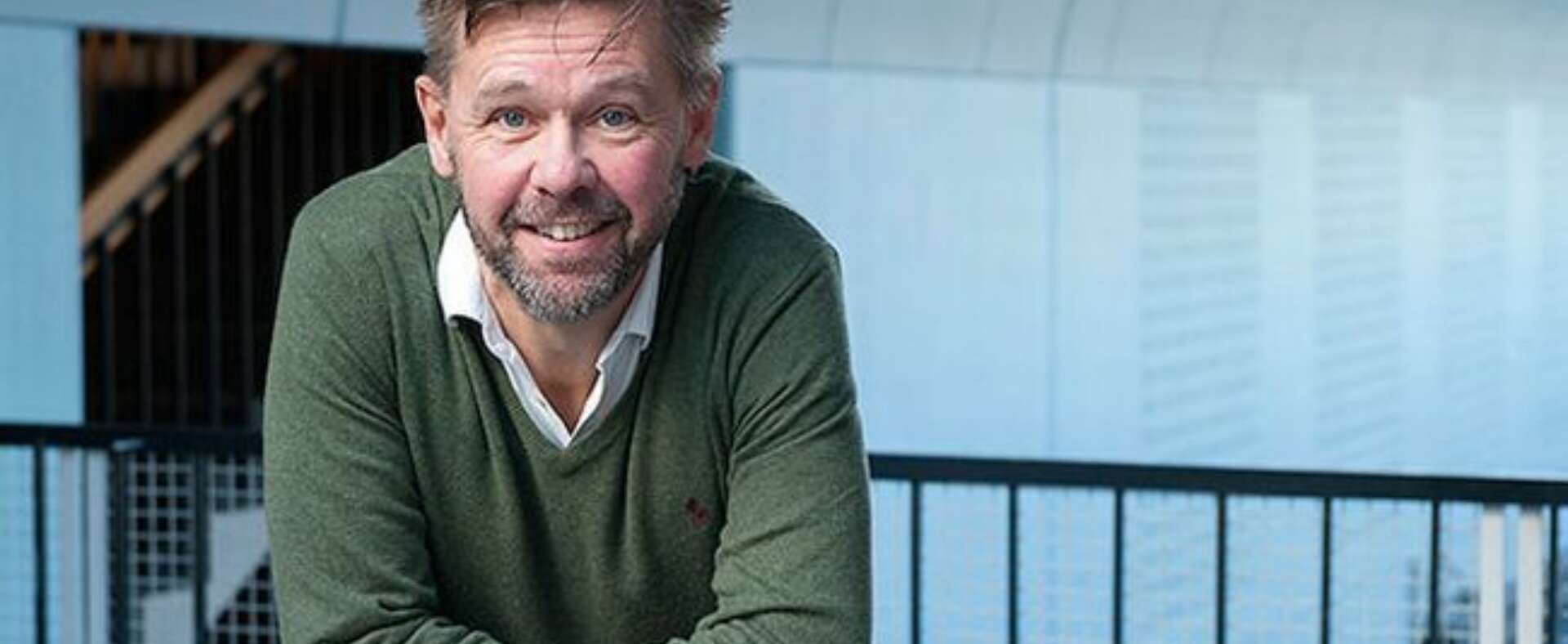WRITTEN BY: Annika Pham
EXCLUSIVE: Christian Wikander, the former Head of Drama at SVT who joined UK-based Pinewood Television in October as Co-production Director spoke to us in London.

EXCLUSIVE: Christian Wikander, the former Head of Drama at SVT who joined UK-based Pinewood Television in October as Co-production Director spoke to us in London.
What is your exact role at Pinewood Television?
Christian Wikander: First of all let me give you some background information. The UK leading film studios and post-production group Pinewood first started to co-produce and invest in feature film, such as the James Bond, Harry Potter and Star Wars franchises but never produced for television. Then in January, the group launched Pinewood Television [a joint venture with the media investment company StoryFirst] to invest in high end TV drama for the global market.
Pinewood Television comprises four people. As Co-production Director, I work closely with Helen Gregory, Creative Director.
Basically we operate on two levels. We develop and produce projects originating from the UK. My task is to bring those projects to international partners. On the other hand, we identify high-end projects on the international market in which we could invest and act as co-producers, whatever the genre and language.
What level of investment do you offer foreign producers?
CW: We can come in with up to 40% of a budget. We are basically equity financiers, with a recoupment position. We hope to get our investment back, but are well aware that there is no guarantee.
Everything starts with the content, that’s why Pinewood recruited Helen Gregory and I, as we both have lots of experience in high-end drama.
Is there a maximum amount for your investment?
CW: No not really. The goal for Pinewood is to identify the stories that can travel rather than focus on investment.
Do you prioritise English-language projects?
CW: Not necessarily. Today audiences are curious about local content and foreign language is not a barrier anymore.
What are the criteria for you to commit to a project?
CW: "It’s a crowded market when it comes to ideas and money. We try to be as flexible as possible and adapt to the projects’ needs. As co-production partner, we can come in very early during development, or we can be the last one in. We also have the ability to offer distribution."
When will you announce the first co-production?
CW: We have several interesting projects in development. We will most probably announce the first project early 2017…The only thing I can reveal is that it will be in the English language.
How does it feel to be on the other side of the negotiating table and what’s most challenging?
CW: It was fantastic to work for SVT but I wanted a change on a personal level. I love this new job opportunity. It just takes a bit of time at the beginning to understanding the UK market, who does what, how tax incentives work etc.
Are people more reluctant to collaborate with the UK because of Brexit?
CW: I haven’t noticed any particular change. Some companies are more careful with their investment and prefer to consolidate rather than expand. ITV Studios for instance has laid off quite a few people, not because of Brexit, but in case of. People want to be on safe ground.
The weaker pound however is positive for UK film studios and for foreign co-producers; it’s 20% cheaper to do business here than a year ago.
What advice would you give Scandinavian producers at a time when domestic funding is scarcer and competition for high premium drama is tougher on an international level?
CW: Producers have to be precise and understand the need to create something unique. In the US, maybe 1 out of 100 drama projects get made. It’s not enough to have a solid production or script. You have to be able to define what makes your project stand out on the market and why audiences should choose your show instead of all the others in the same genre.